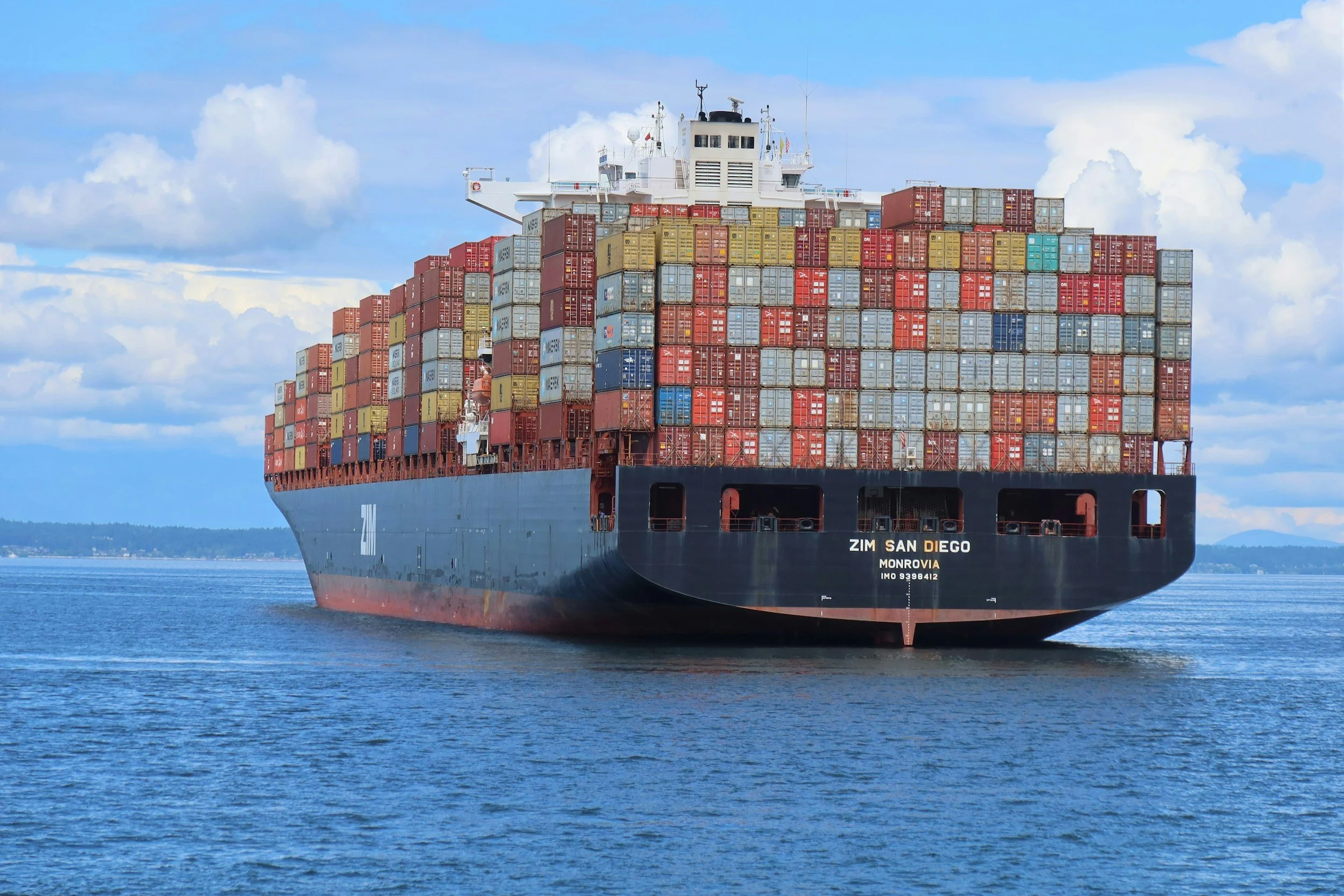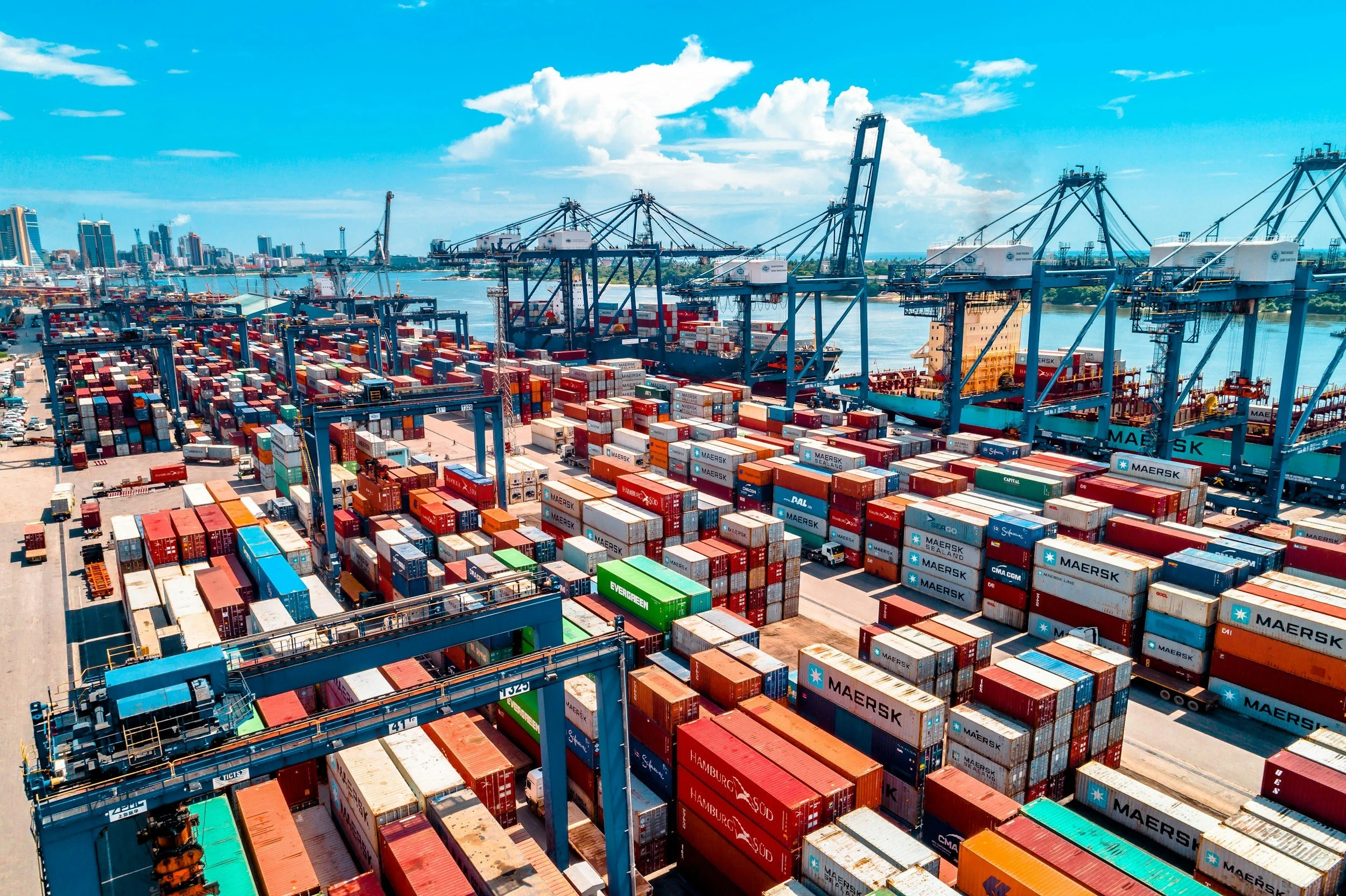
Types of Customs Duty Fraud
Whistleblower awards are available for all manner of customs violations, but the False Claims Act primarily applies to situations involving false cost of goods values, false classification of goods, and false country of origin designations.
Cost of Goods
Even when an importer of record pays the correct duty rate, it can underpay customs duties when it devalues the reported value of the goods themselves. When a company insider knows what the importer actually paid for the goods, however, it can become fairly straightforward to prove fraud: there is one set of documents bearing one set of prices, and another certified declaration to Customs and Border Protection (often through misrepresentation to a customs broker) that bears conflicting information. Read more.
HTSUS Classification
The Harmonized Tariff Schedule of the United States (HTSUS) is a standardized system used to classify imported goods based on their characteristics and intended use. Each classification is assigned a specific tariff rate, which determines the customs duty owed to the U.S. government. Incorrect classifications can lead to reduced or avoided duty payments. When there is evidence that a company knew or should have known that its chosen classification was not correct, a whistleblower could file a particularly strong False Claims Act case. Read more.
Country of Origin
False country of origin cases arise from differences in duty rates that may be applicable to goods from different countries — either because some countries have a favored nation treaty with the United States, or because the United States have levied specific additional duties, such as antidumping duties, to goods from particular countries. When a significant duty is suddenly levied on goods from one country, the incentive to misrepresent country of origin becomes high. Cases may become complicated, however, if components of the imported goods came from different countries, or even originally from the United States. Principles at work in import classification also apply to “transformation” test considerations. Read more.
Other Representations
If a misrepresentation to Customs and Border Protection led to the collection of no customs duties or lower duties than were owed, the False Claims Act applies, even if the case does not fit neatly into one of the above categories.
Through the Moiety Act, even information about false export documentation can be the basis of a whistleblower award, even if the United States has not actually been underpaid for customs duties. Goods that are mismarked with country of origin cases may also lead to the collection of marking duties.



